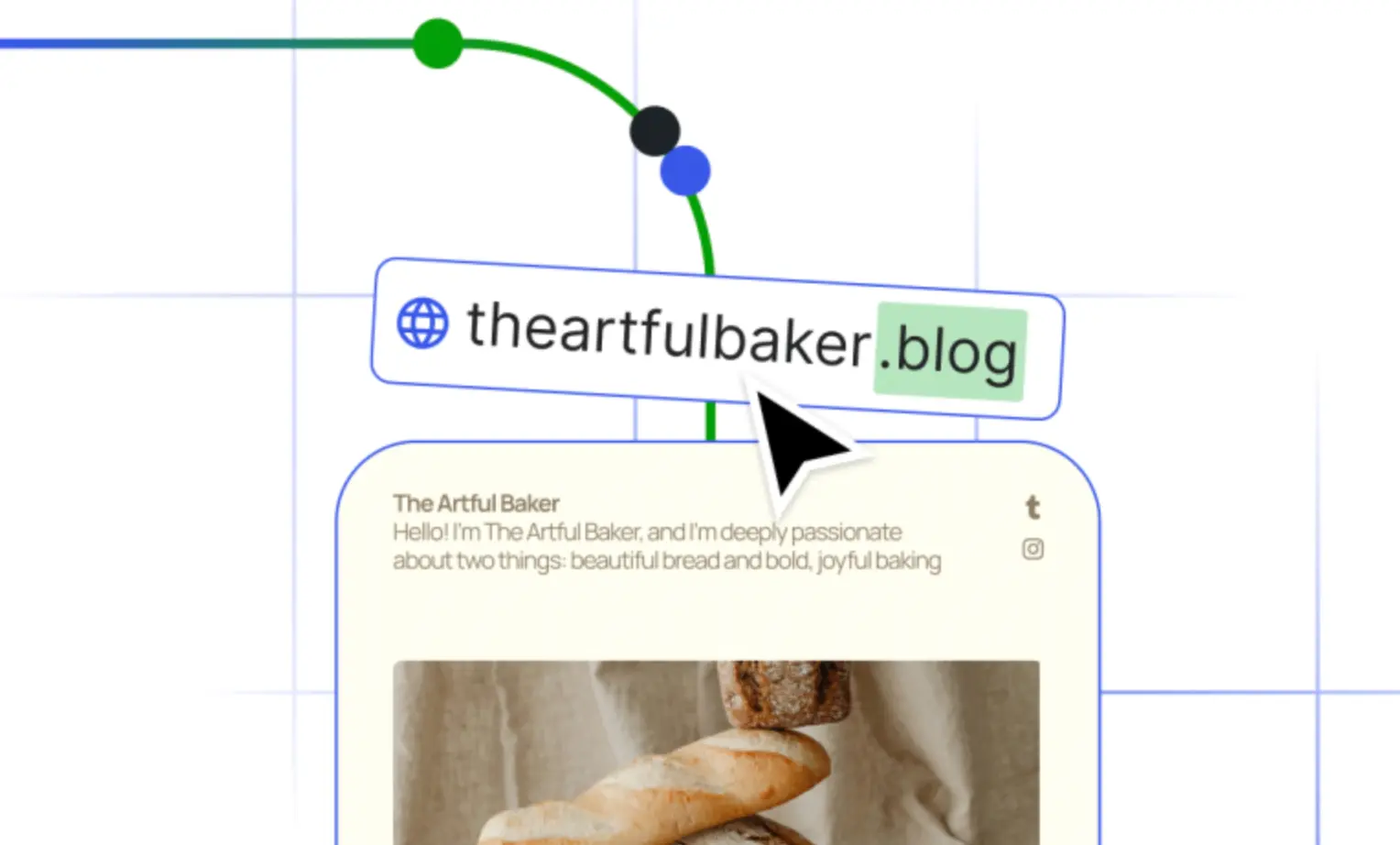The Role of Automation Tools in Optimizing Plastic Surgery Ads
Updated on
Published on
According to the statistics, Plastic Surgery has become one of the fastest-growing medical services, and it is on the rise in the number of surgeries and non-surgical treatments. However, such surgeries are relatively expensive, making them hard to access, and for this reason, a high degree of trust in any chosen clinic is required in deciding what is best for that patient.
This requires advertising for visibility, and the competition is stiff. It can be said that a well-structured ad would have a really strong chance for an impacted clinic or surgeon to get to patients at the right time.

How are Automation Tools Changing the Marketing Landscape
In the earlier times, ad management meant manual adjustments-setting daily budgets and targeting audiences, and tracking results by hand. Well, those days are gone. An automated tool today handles most such work, leaving AI-based targeting, smart bidding, and automated scheduling for the clinics to optimize their campaigns without constant manual oversight.
Discover how a Plastic Surgery PPC Company can help streamline your ads.
Understanding Automation in Digital Advertising
What Are Marketing Automation Tools?
Marketing Automation tools are software platforms that assist in managing advertising tasks with the least manual effort. Instead of adjusting ads one by one, it handles targeting an audience, budget distribution, scheduling, and performance reporting.
Types of Automation Tools Used in Advertising
With a view to improving advertising outcomes, there are several categories of automation tools:
- Ad Management Platforms.
- Scheduling Tools
- Customer Relationship Tools
- Analytics Dashboards
Each of these types serves a distinct purpose in streamlining and enhancing the accuracy of ad campaigns. You can learn more at Copify - a PPC marketing agency - how clinics use these tools effectively.
Why Plastic Surgery Clinics Benefit from Automation More Than General Business
Plastic surgery ads are much more sensitive than ads for restaurants or retail. Patients look for trust, safety, and known expertise. Automation assists the clinics in targeting very specific audiences, such as people interested in cosmetic enhancements within very narrow ranges of age or geographical location, thereby saving clinics money on clicks that will never convert.
Other industries like law firms or financial advisory services also use automation, but for plastic surgeons, it can directly affect the efficiency with which they reach people considering a procedure.
Challenges in Marketing Plastic Surgery Services
Highly Competitive Nature of Cosmetic Procedures
Plastic surgery makes for one of the fiercest categories in healthcare marketing. Multiple clinics tend to target the same audience in one city. Since cosmetic procedures are costly, every click and leads count. Clinics need automation to avoid wasting ad money or losing out on potential patients who are currently searching for treatments.
Ad Restrictions and Sensitivity Around Medical Content
Unlike other businesses, plastic surgeons have tight controls keeping their ads in line. Platforms like Google and Meta often restrict the wording used in medical ads, their imagery, and even their targeting options. By automating ad tests for variations, approval, and rejection of ads, clinics can maintain compliance with advertising regulations.
Building Trust and Reputation in a Sensitive Industry
Patients involve themselves in a personal journey while deciding upon plastic surgery. In that environment, they want to feel safe before booking a consultation. Ads create awareness, but conversion is a different story; it's about trust. Thanks to automation, clinics can ensure the delivery of relevant, coherent messaging from awareness all the way through to remarketing on all platforms, in a manner that doesn't bombard potential patients.
Core Benefits of Automation for Plastic Surgery Ads
Precision Targeting and Audience Segmentation
Automation helps create a precision-targeted audience for plastic surgery clinics. It no longer targets general advertisements to a large number of people but segments audiences according to age, sex, income bracket, place, and online behavior.
When anyone types in "rhinoplasty near me," it turns into an advertisement promoting exactly that service, thus achieving efficiency in target ad spending and a higher probability of reaching patients who would actually be interested in particular cosmetic procedures.
Time and Cost Savings for Clinics
Ads could be run manually, but they require constant effort on a daily basis. Such chores are carried out with automation tools in the background, allowing clinics to spend less time managing campaigns and devoting more time to patient consultations and service delivery.
Data-Driven Decision Making for Better ROI
Automation helps to analyze real-time data, which enables clinics to run ads more effectively. When an automation process is completed, such tools generate insight on which ad is working best, which keyword conversions drive the best conversions, and which demographic groups respond most positively.
Maintaining Consistency Across Campaigns
Patients would see ads anywhere on the web, such as in Google, Facebook, Instagram, and even on YouTube. This is what they call automated messaging that will keep everything standard across all these platforms. Appointments and all newly announced procedures will always have those advertised through professional, precise, and trustworthy ads using automated means.
The Tools of Automation in Automated Audience Targeting
Find Future Patients with AI
AI automation tools observed changes in behaviors across the online globe, meaning that people who are perhaps searching for "liposuction cost" or "best facelift surgeon" in plastic surgery clinics are noted. AI can keep track because it would analyze online interest, demographics, and behaviors to help ensure ads appear only in front of people who are actually hopeful to turn into patients. That way, unnecessary clicks are minimized.
Behavioral and Demographic Targeting for Cosmetic Procedures
It doesn't stop at merely stating whether or not an ad is on for a certain age or gender. For instance, a person who has read several articles on different forms of cosmetic procedures or follows beauty-related topics, that person can be tagged with an ad aimed at offering non-surgical cosmetic treatments such as Botox.
Comparison with Other Professions (Law Firms, Dentists, Financial Advisors)
Automated targeting has a different application in each and every industry. An attorney's office may automate its targeting to find clients requesting legal representation following an auto accident, while a dentist might target patients looking to get their teeth whitened. The battlefields are different in plastic surgery because it is not like a more clinical scenario, but is instead more about the emotional, financial, and personal aspects involved. Automation helps ads become audience-relevant and stage-appropriate in the decision-making process.
Automation in Ad Creation and Copywriting
Tailoring Ad Messages for Each Cosmetic Procedure
Automation is indeed bringing in high levels of personalization inside each ad attached to a procedure. A Botox patient would not be receiving the same ad message as someone seeking breast augmentation. The automation tool will automatically change the headlines, description texts, and images displayed on the ad, all according to what the user is interested in. Therefore, more personalization means higher chances for clicks and consultation bookings.
Dynamic Creative Optimization (DCO) in Plastic Surgery Ads
Dynamic Creative Optimization (DCO) is highly powerful in the automation arsenal. It tests several combinations of headlines, visuals, and calls to action in real time, showing the best-performing combinations. An example would be that if one ad image was better at getting clicks for rhinoplasty, it would be prioritized. Henceforth, every campaign would improve over time without any manual guesswork.
Compliance with Medical Advertising Regulations
Medical advertising, especially advertisements targeting cosmetic surgery procedures, is governed by numerous strict laws and regulations. Automation helps by pre-testing ad variations to avoid being rejected by platforms such as Google or Meta. It also puts a check on claims being too aggressive, such as “guaranteed results,” as these could damage a clinic’s reputation. Compliance in marketing thus becomes automated and grants clinics peace of mind, knowing that their adverts are in ethical consideration.
Patient Journey Augmented via Automated Ad Campaigns
Patient First Click, Second Click, and Appointment Booking
In the patient journey, if any, the process starts at curiosity — someone searches for "best plastic surgeon near me" or reads up on treatment options. Automation tools guide this journey by advertising at every stage.
Retargeting Potential Patients Who Abandon the Process
A lot of people doing research into cosmetic procedures do not immediately take action to book an appointment. They can compare clinics, check prices, or wait for just the right time. For example, an ad featuring the before-and-after results, or a discount on the consultation, can serve as gentle nudges for these types of users with an automation tool. This will keep the patient in the loop while not overwhelming them.
Lead Nurturing via Automated E-Mail and SMS Campaigns
Once a potential patient leaves their details, automation goes a lot further beyond doing ads; the appointments may be automatically scheduled with an email or SMS reminder. For example:
- A "thank you" message after registering for a consultation.
- Appointment reminders for lower no-shows.
- Content informative regarding recovery time or procedure benefits.
Tracking and Measuring Automation Success
Automated Analytics and Reporting
Such automation tools create reports in real-time and define how an ad is performing. Instead of logging to each campaign and checking its performance manually, clinics can have dashboards with a summary of clicks, conversions, and costs. For the plastic surgeon, this translates to instant information about which ads are bringing in bookings for consultations and those that need improvement.
Identifying High-Performing Campaigns for Plastic Surgery Clinics
Not all procedures perform equally well in advertising. In one city, rhinoplasty ads may raise more interest, and in another, Botox may raise more interest. Automation tools process this data and determine the best campaigns, whereupon marketing dollars can be invested more heavily in the ones that drive results, increasing return.
A/B Testing in Automated Systems
A/B testing is the analysis of two ad versions against one another in PowerPoint 2007 in order to tag the winner. Automated tools make that fast and easy, as they test and run multiple versions of an ad in real time simultaneously and pick a winner automatically. One example is if a specific headline brings in more signups for consultation than another, the system keeps running that big one. This takes the guesswork out and allows campaigns to become smarter.

Compliance, Ethics, and Sensitivity to Automated Ads
Avoid Over-Promising in Marketing Cosmetic Surgery
Advertisements for plastic surgery need to be honest and respectful. Over-promises like instant transformation and guaranteed outcomes mislead patients and break trust. Automation puts a system in place that examines and tests multiple versions of ads to publish only those messages that are approved and ethical.
How Automation Helps Maintain Ethical Standards
The automated tools can be programmed to filter block specific words or claims, or images that do not keep in line with the advertising guidelines. For example, the automated mechanism prevents ads from showing any sensitive before-and-after images that most probably violate the platform policies. Advertising automation keeps the advertisement in ethical terms so that patients feel convinced about how concerned the clinic is with safety and professionalism.
Lessons for other Sensitive Industries (Legal, Financial, Medical)
There are strict regulations, not just for this one industry; law firms cannot provide guarantees for case results, and financial advisors have to be very clear about the ambit of misleading investment claims. Pretty much like these other two sectors, even these plastic surgeons need to be scrupulous in ethical standards. Automation gives a safety net by actually running compliance checks automatically, avoiding the chance of a costly rejection of advertisements or legal problems.
Conclusion
Automation is redefining how plastic surgery clinics advertise themselves. Indeed, it saves time while improving targeting, all without breaching ethical and compliance standards. With the automation of message execution, more segregated energy will be put into patient care as ads run in the background seamlessly. In the future, clinics that use intelligent tools are expected to stand tall above the rest, instilling more trust and reaching out to many patients.



webp.webp)
webp.webp)




